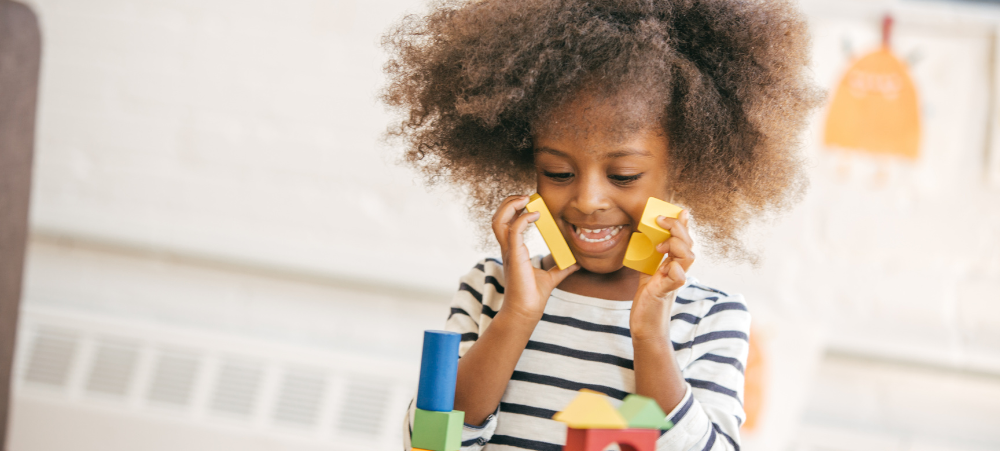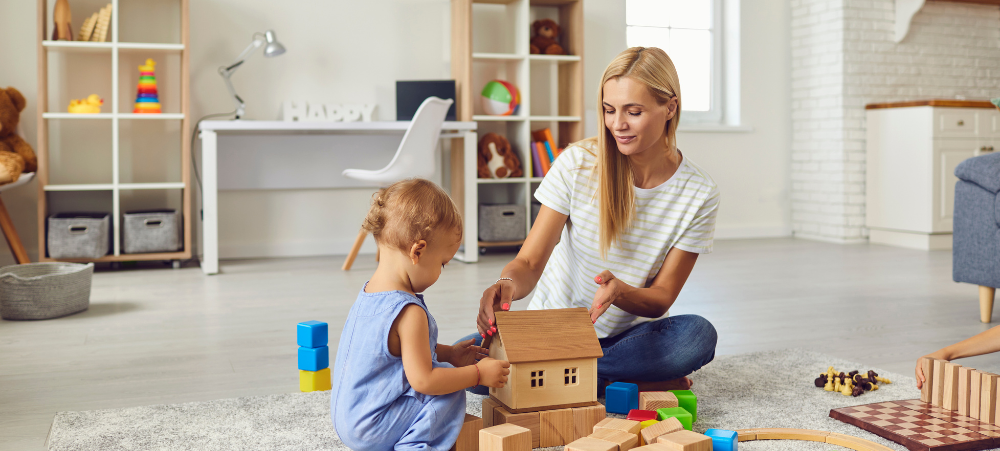Raising your child to love reading is one of the most wonderful gifts you can give them and as Emma Cox said, “Reading is the most powerful gift we can give a child: it puts stardust in their imaginations”. While improving a child’s imagination is one of the benefits of reading to children from as early as the day they are born, there are also other significant benefits to children listening to stories that will help them throughout their school careers and beyond.
While more than half of parents do not read to their children before the age of 3 according to research from Nielsen which found that 45% of 0–2-year-olds are read to daily or nearly every day increasing to 58% of 3- to 4-year olds. By the time children reach 5- to 7- years this figure drops to 44%, this is the most important time to be reading to children.
According to research on children’s brain development, by 2-years-old a child’s brain is as active as an adult’s and by age 3 it is more than twice as active as an adult’s brain[1]. Further, as cognitive processes develop rapidly in the first few years of life and by age 3 approximately 85% of the brain is developed[2]. As such it is never too early to start reading to children and promote early development.
Speech development and vocabulary
Exposing young children to stories is the first step to helping develop their speech. By listening to adults speak and read, children are exposed to a wide variety of sounds and words that help them to develop their speech. As children listen to stories, their brains make cognitive connections to how language is used and exposes them to words that are often not used in spoken language.
This is supported by a study on early language exposure[3] which states that there is a definite relationship between language development and early exposure to adult language which positively impacts children’s language ability through primary school. The study emphasises the importance of interacting with children between the ages of 18-to 24-months which is the period of a language explosion. It states that reading aloud gives children enriched vocabulary and prompts enriched interactions.
Cognitive ability
Cognitive ability refers to the way in which we perceive our world and experiences and is the ability to think and understand. Stories expose children to different topics, issues, experiences, and information through the characters in the story. This background information gives greater context to the world around them and is used to help them make sense of what they see, hear and read.
This knowledge helps children develop problem-solving and decision-making skills as stories aid children with information processing, reasoning, language development, attention span, and memory.
Listening and comprehension skills
When children listen to stories they develop their comprehension and listening skills. Not only are these skills important to help children to learn to read, these are important skills that they will use when learning at school. According to Scholastic, listening is a skill that children must learn before they can learn to read themselves.
Further, when children are listening to a story, they learn to sit still, develop longer attention spans and develop memory-retention skills which are all important skills that will benefit them at school in the later years.
Audiobooks embellish storytelling
Often a parent’s busy schedule prevents them from finding time to read to their children daily and as a result, their children miss out on the opportunity to gain the benefits of this much-loved past-time that will shape the future of their development and their school careers.
However, today there are many options available for parents to engage their children in storytelling on their own. For example, audiobooks provide entertainment value to children while engaging them in stories and providing many of the benefits of reading to children.
According to Scholastic[4], many audiobooks include interesting sound effects, music, and multiple narrators, that embellish their storytelling with silly voices and dramatics which are especially motivating and fun for young children. These stories reinforce the pleasure of reading rather than the skill while helping children to understand narrative structure, language use and how to convey meaning.
To provide a safe listening environment for young children the Yoto Player is a screen-free device that gives children control of their listening experience and access to a range of well-known and loved stories from various authors as Yoto has secured partnerships and content deals with trusted household names such as LEGO and Disney as well as licenses with Penguin Random House, Abbey Road Studios, Sony Music, HarperCollins, Hachette, Pan Macmillan and more to bring children stories from Julia Donaldson, Enid Blyton and more.
The Yoto Player is available from selected Toys R Us and iStore stores or online from istore.co.za and takealot.com.

By Jonathan Drake, Head of Accessories at The Core Group
We understand that there are many aspects that encompass a Mother, Father or Child and strive toward providing resources and services that accommodates this.
Our content is aimed to inform and educate families on issues starting from pregnancy through to the challenges of the teen-age years.
- Tips for Breastfeeding in Public: Confidence and Comfort - November 20, 2025
- Eskort launches Kiddos: South Africa’s first pork range made just for kids - November 13, 2025
- Putting the Power of Learning in Learners’ Hands During Global Education Week - November 12, 2025





